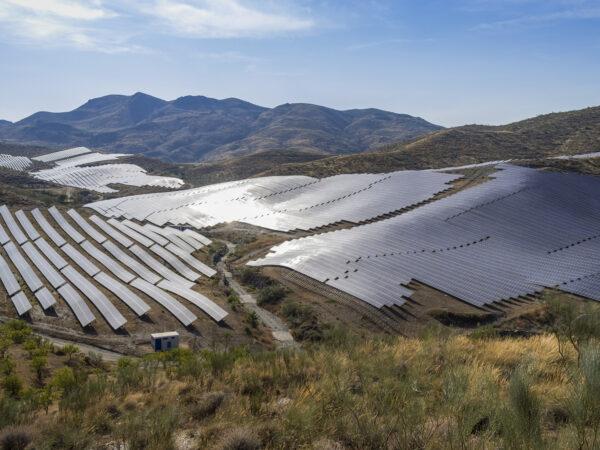Hydrogen
Fresh content alert: We are updating our work on Hydrogen applications!
Future Cleantech Architects is updating our work on Hydrogen and there will be an all-new Hydrogen Factsheet! This update will not only include current figures but will also expand our assessment to the potential and limitations of key hydrogen derivatives, such as ammonia, e-methanol, and synthetic natural gas. Stay tuned for more previews before the release in autumn!
Hydrogen, an indispensable industrial feedstock currently deployed to refine oil and produce fuels, chemicals, and fertilizers, is generated using fossil fuels in high-emitting processes. Worldwide, hydrogen generation accounts for almost one gigatonne of CO2 emissions per year. In a decarbonized future, hydrogen uses will extend to support the decarbonization of certain hard-to-abate sectors, such as steel, shipping, and aviation. However, its use deployment should be limited, as it is energy-intensive to generate, and it does not contribute to significant emissions abatement in all applications.
Policymakers should provide a framework to ensure that scarce renewable energy is not prioritized for the production of green hydrogen for sectors where other technologies would be more efficient or deliver a lower carbon abatement cost. The decarbonization of existing hydrogen production should be considered a low-hanging fruit and a no-regret option for clean hydrogen deployment. Policy incentives should not be extended to hydrogen uses that are inefficient and will lead to marginal emissions reduction, such as space heating, synthetic fuels for light-duty vehicles, and electricity generation (power sector).




